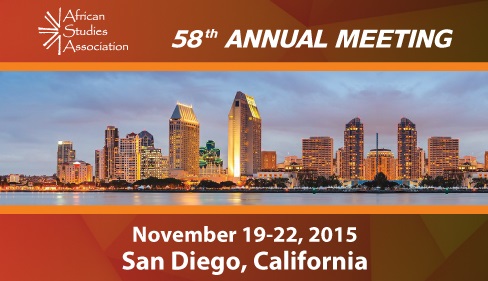 This study examines migration aspirations among university students in Ghana. My interest
This study examines migration aspirations among university students in Ghana. My interest
is in undergraduate students, a group that is largely overlooked both in African studies and
migration theory. The research was focused on migration aspirations, the first stage of any
migration venture, and carried out at University of Ghana, a large public university, and
Ashesi University College, a small private liberal arts college. A combination of methods
was employed: focus groups, an e-survey (n=506), and interviews.
To understand how students view the option to migrate, I argue that an Africanist or decolonial approach must
be used. This can be achieved by letting Ghanaian students themselves explain the
phenomenon as well as by contextualizing Ghanaian university students’ migration
narratives, and not leaving out a critical view of knowledge production in the world.
The findings show that students in the Global South indeed consider migration as a life
option, however, migration aspirations are volatile, often include the aspiration for return,
and are driven by the ambition for further study, rather than being an end in itself. While
other researchers have described a “migration culture” in Ghana, my findings rather point
toward an “education culture”. However, financing such migration as well as the passport
acquisition process, present barriers such that although many students say they aspire to
migrate, most of them have not taken action like applying for a passport. This confirms
research findings that there is a gap between aspiration and ability to migrate. In addition,
my research reveals other reservations to the migration option, like fear of racism and
religious/moral concerns. Further, the students in my study suggest that lower-educated
individuals have a stronger aspiration to migrate than highly educated individuals like
themselves – I construe this as form of “othering”, not previously found in the literature.
Men and women are as likely to aspire to migrate with the exception of women with weak
academic results who are more likely to aspire to migrate. Further, the research established
that university students in Ghana use new communication tools powered by the Internet to
stay in close contact with family and friends abroad. Students also discuss migration in
relation to “exploring”and “enjoying” as well as describe travel similar to the “gap year”
earlier described in the literature, but for students in the Global North.
These results highlight that students in the Global South are generally similar to the
students in the Global North in terms of migration aspirations. However, while the latter
are well covered in the International Student Migration (ISM) discourse the former are not
– and this is the discourse my study contributes to. While individual considerations among
Ghanaian students are similar to those of students in the Global North, I argue that the
migration environment is dissimilar, and to better understand the phenomenon of student
migration originating from the Global South, a more holistic approach is needed, inclusive
of historical, social, and political contexts.




